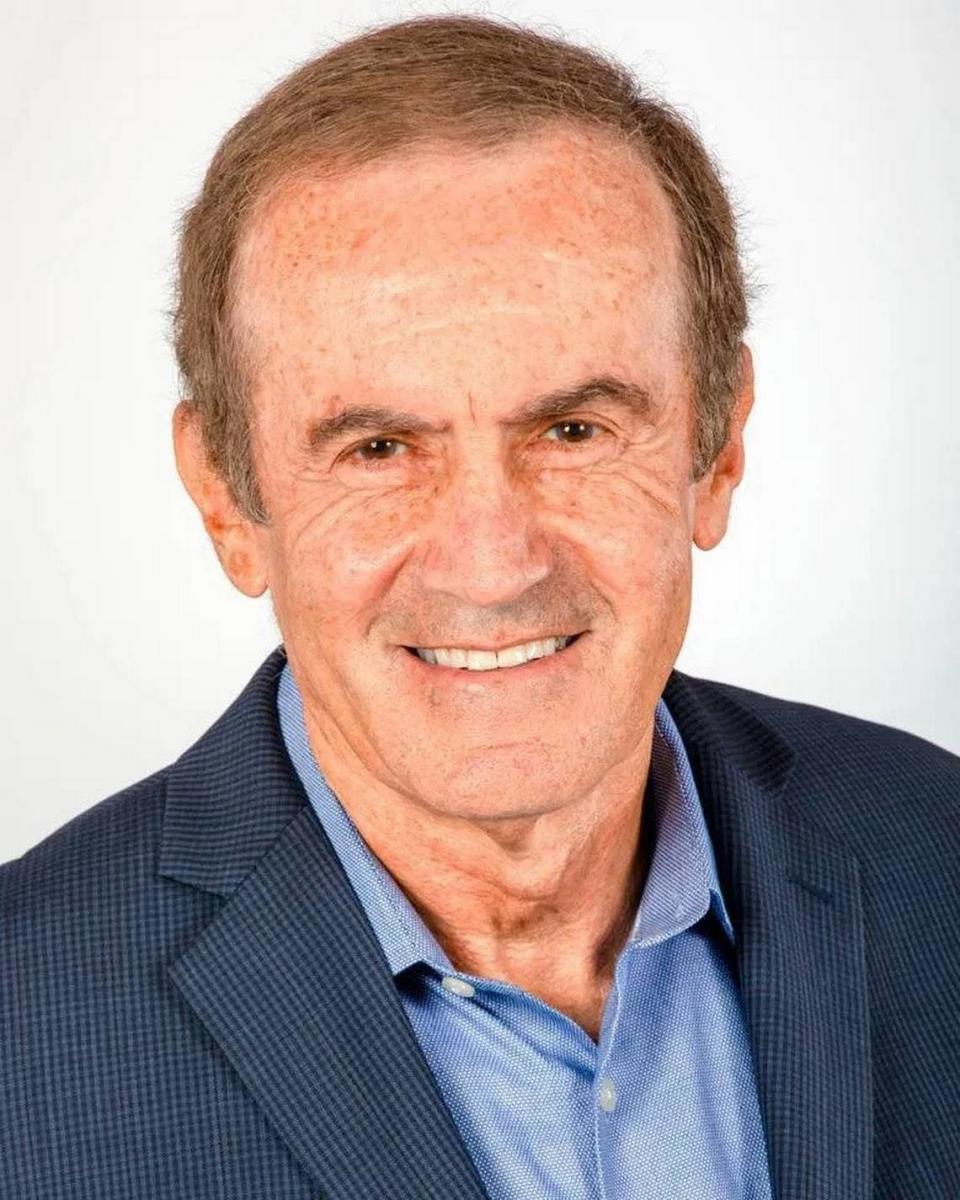Colombians, more than anyone else, are looking for homes in Miami — a warning to the new president | Opinion
- Oops!Something went wrong.Please try again later.
Colombia’s president-elect and former leftist guerrilla Gustavo Petro has shown signs of moderation since his June 19 election. But Colombia still faces an ongoing danger of a stampede of capital, economic decline and greater poverty if Petro doesn’t maintain his efforts to calm investors.
I read a little-known, but telling, statistic: Colombia tops the list of foreign countries whose people are searching the internet to buy homes in Miami.
For the third month in a row, according to a June 28 report by the Miami Association of Realtors, home searches from Colombia topped the list of foreign inquiries on its website www.miamirealtors.com in May. In other words, the number of Colombians thinking of moving or buying property in Miami has soared in the months leading to Petro’s election as the first leftist president in Colombia’s history.
Colombia accounted for 12.3% of all international searches, followed by Argentina with 7.2% and Venezuela with 6.3%. Aspiring homebuyers from more than 160 countries search the website every month, the Association says.
“Changes in government abroad, such as this month’s presidential election in Colombia, have often led to more investment in Miami, the capital of Latin America, as global buyers move to put their money in a secure place,” Association chairman Fernando Arencibia Jr. said in a press release.
And there is speculation in Miami and Madrid, the other big destination of Latin American flight capital, that the number Colombians looking for homes abroad may go up once Petro takes office.
Last week, Madrid Community President Isabel Diaz Ayuso, a political star of Spain’s right-of-center People’s Party, told me in an interview in Miami that, “In recent days, we’ve heard of several cases of (Colombian) citizens who have come to Miami, and we expect something similar” in Madrid.
When I noted that Petro has made conciliatory speeches and is expected to appoint a business-friendly economic team, she gave me a long answer that essentially said, “We’ve seen this movie before.”
To be sure, Petro has taken several steps to soothe investors recently. In April, during the electoral campaign, Petro signed a document in front of a notary public promising that, “I’m not going to expropriate nothing nor anybody.”
And since his election, Petro has reached out to the right-of-center opposition and has appointed José Antonio Ocampo — a Columbia University professor and former Colombian finance minister, who is a respected economist — as his lead financial representative in transition talks with the outgoing government.
Still, Petro’s political and economic statements from not too long ago still making many Colombians nervous.
It was only last year, on Aug. 31, that Petro tweeted, “My government will finance itself with a tax increase to the 4,000 biggest holders of unproductive wealth.” Critics pointed out that such a plan would lead to arbitrary decisions by the president and trigger economic chaos.
In his previous presidential campaign in 2017, Petro vowed to convene a Constitutional Assembly to draft a new constitution, which has been the path chosen by the dictators of Venezuela, Nicaragua and other countries to stay in power indefinitely. Petro has since said that he won’t replace the constitution.
“Despite some moderation, his administration will mark a big departure from that led by (outgoing President Iván) Duque and previous presidents. Policy will shift to the left under Petro,” the Eurasia Group political-risk consulting firm said in a report. It added that Petro “could turn more radical to win public support” later in his term.
If he wants to keep inflation from skyrocketing and creating an economic crisis, Petro will have to think twice about his campaign promises to give massive subsidies to the poor and to suspend Colombia’s oil exploration.
Before Petro’s election, Colombia’s economy already was projected to slow down from 5.4% growth this year to 3.2% next year, according to World Bank figures.
For now, Petro deserves the benefit of the doubt and everybody’s support. Still, I recommend checking in six months the worldwide list of foreign searches to buy homes in Miami. If Colombia still tops the list by year’s end, it will be a bad omen for Colombia’s future.
Don’t miss the “Oppenheimer Presenta” TV show on Sundays at 7 pm E.T. on CNN en Español. Twitter: @oppenheimera


